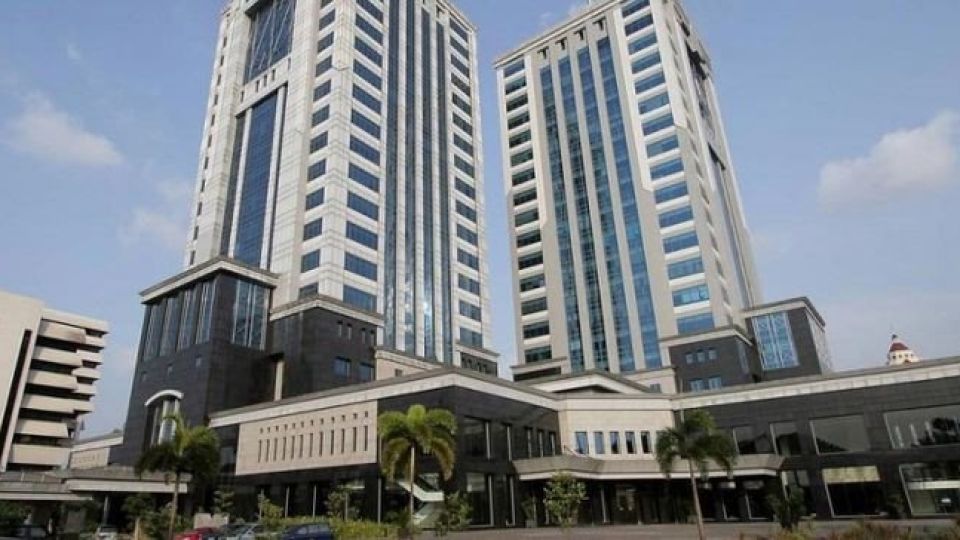September 14, 2023
JAKARTA – The government has dismissed eight Finance Ministry employees over their alleged efforts to conceal Rp 349 trillion (US$22 billion) worth of suspicious transactions that had occurred within the ministry over the course of years.
The government’s money laundering task force identified the eight employees after examining 300 Information Analysis Reports (LHA) and Investigative Audit Reports (LHP) from the Financial Transaction Reports and Analysis Center (PPATK), task force head Sugeng Purnomo told reporters on Monday.
Seven other employees were given disciplinary sanctions for their alleged roles in the scheme. Sugeng declined to provide further details on what the sanctions entailed.
“When the task force was formed, there was [a motivation] to punish Finance Ministry employees accused of violating the disciplinary regulations,” Sugeng said, as quoted by kompas.id.
He added that the task force had handed some of the cases over to the police and Corruption Eradication Commission (KPK).
The government formed the task force in April with a mandate to supervise and evaluate the investigation into the Rp 349 trillion in suspicious transactions identified within the Finance Ministry. One of its priorities was examining the circumstances surrounding the import of Rp 189 trillion worth of gold bars, a case that came up during a hearing of the House of Representatives in March.
Read also: Suspicious transactions worth Rp 300t at Finance Ministry money laundering: Mahfud
Coordinating Political, Legal and Security Affairs Minister Mahfud MD said on Monday that the task force had found numerous other problems while going through the PPATK reports.
“Some documents mentioned in the report were not authentic, others were just photocopies or suspected to be forged,” the coordinating minister said.
The task force was also investigating the possibility that some officials had sought to obstruct the investigation, he said, as the PPATK had notified the Finance Ministry of the flagged gold bar transaction in 2017.
Mahfud said officials within Finance Ministry were permitted not to act upon PPATK reports provided there was good reason for doing so. “Now, the task force is investigating who made those decisions and why.”
Officials suspected that the Rp 189 trillion gold bar case involved an employee at the ministry’s customs and excise directorate general, identified only by their initials OAW.
The task force received a recommendation to hand the case over to the National Police’s Criminal Investigation Department (Bareskrim).
“There’s a suspicion that the case is related to illegal mining practices. We hope Bareskrim can uncover [the facts] to help expedite our investigation,” Sugeng said.
Yustinus Prastowo, and aide to the finance minister, said the ministry would support the task force’s work. The customs and excise and taxation directorates general were also part of the task force, among other offices in the ministry.
“We are coordinating and committed to solving this problem. The work of the task force will be our basis for internal evaluation,” he said.
Read also: Online activism not dead yet as netizens expose wealthy officials
The reports of suspicious transactions were first made public in April, amid a rise in public scrutiny of the wealth of tax officials, including of Rafael Alun Trisambodo, a senior official at the South Jakarta tax office.
Rafael’s name surfaced after a video of his son Mario Dandy Satrio assaulting teenager David Ozora went viral. Mario was arrested and was later sentenced to 12 years in prison for aggravated assault.
Rafael himself is now standing trial on corruption and money laundering charges.
His case led to a series of inquiries into the wealth of public officials who appeared to have lifestyles that were out of keeping with what their positions could afford.


